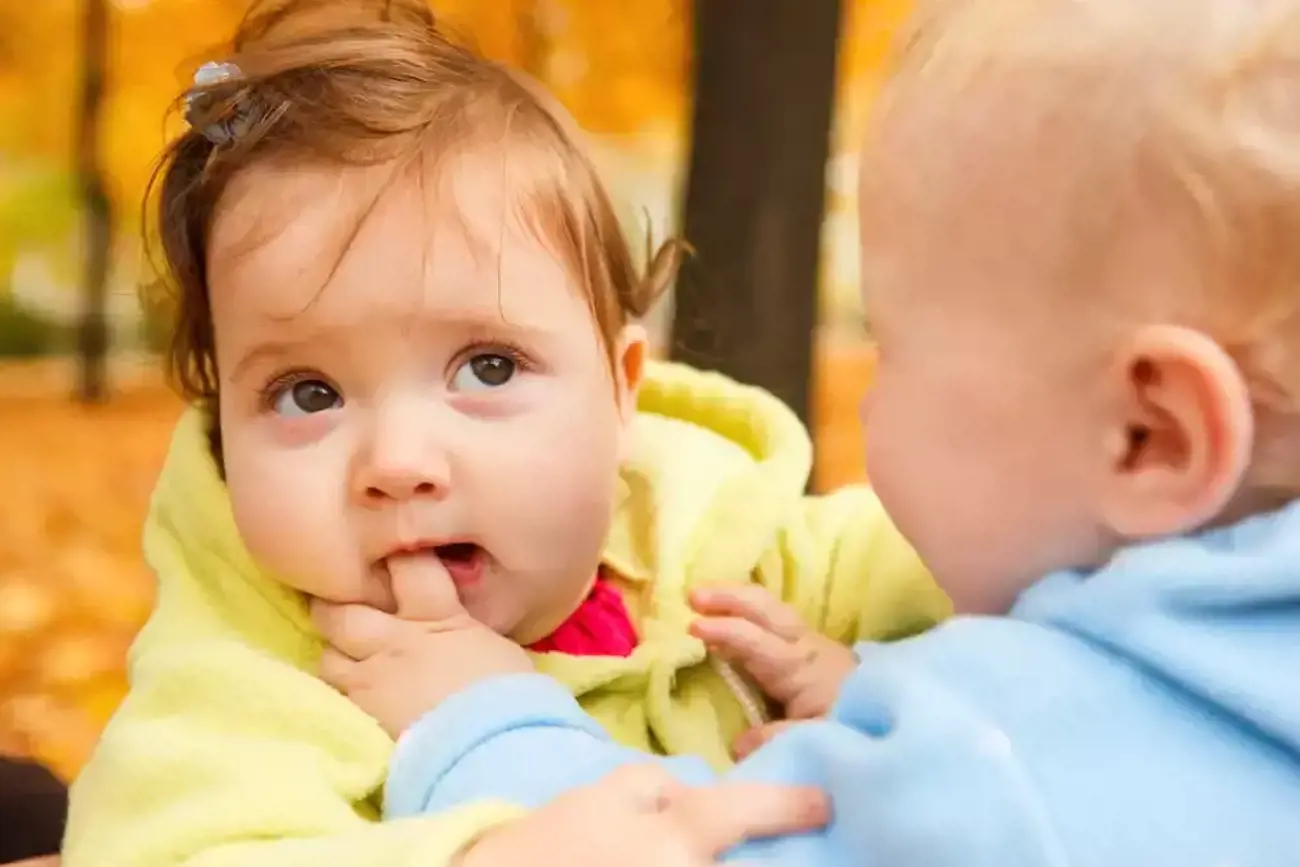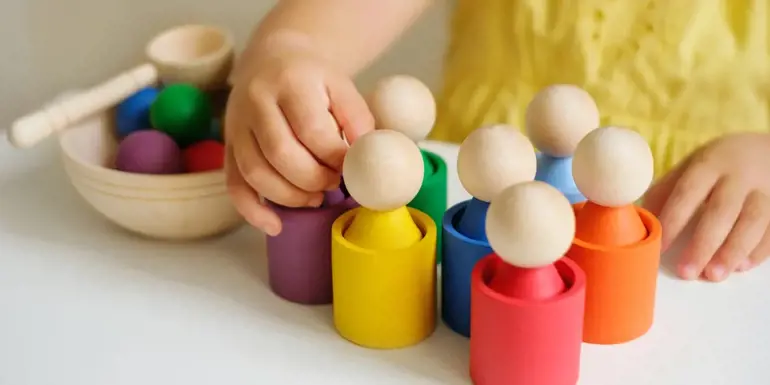Children biting children has been in the news a bit recently, with reports that a Perth child care centre received a $10,000 fine after a baby in its care was repeatedly bitten by another child at the service.
This reinforces the need for educators and care-givers to be vigilant about biting, and also raises the question: What should you do if your tyke is bitten in child care?
So, let's look at why children bite and how to respond if this happens to your little one.
Why do children bite?
Although you may feel worried, angry or accusatory if your child gets bitten in care, the reality is that biting is common amongst young children and, to a degree, is considered normal toddler behaviour.
Young children may bite because they are:
- Teething
- Curious and exploratory
- Over-excited or over-stimulated
- Frustrated
- Bored and/or seeking attention
- Feeling powerless
- Stressed, tired or hungry
- Copying other children
Children under the age of three also have a limited understanding of how their actions affect others; they are learning self-control and exploring the world with their mouths, which can lead to accidental biting.
So, although biting is unpleasant and requires an appropriate response, it's not unexpected in the child care setting.
What should you do if your child gets bitten?
If you're concerned that your youngster has been bitten, or your child care provider confirms that this has happened, the best thing is to work with your service to manage the situation as quickly and effectively as possible.
As a parent, you should:
Act calmly: You may be angry at the biter, worried about your child and tempted to blame the child care provider for insufficient supervision but focus on remaining calm. And remember that biting can happen quickly and without warning, so it's not necessarily a sign of inadequate supervision by care-givers.
Care for your child: Being bitten can be painful both emotionally and physically. So give your child plenty of hugs and soothing words, and make sure you clean the bite area well.
Communicate with your child care provider: Discuss what has happened, ask to read your service's policy on biting and work with your care-giver to ensure a consistent approach is taken to manage the problem.
How do child care providers manage biting?
There is no sure-fire way to stop biting, however, there are strategies that educators and care-givers use to avoid and manage biting.
To help prevent biting, early childhood educators:
- Teach children which behaviours are acceptable and which are not
- Teach kids positive ways to interact and communicate with one another
- Watch and support children
- Identify biting triggers, and avoid or reduce these where possible
- Resolve conflicts between children before biting happens
If biting does occur, an educator will:
- Separate the children
- Comfort the bitten child and administer first aid if needed
- Speak to the biter in a clear, firm manner, e.g. saying, "No! Biting hurts! You must not bite."
- Comfort the biter, explain the consequences of their actions and encourage them to apologise to the bitten child
- Communicate with the families of the bitten and biting child; and work with parents to manage the situation
- Look at what caused the biting and how it could be prevented
- Teach children positive alternatives to biting, e.g. using words, not teeth, to explain how they feel
At the end of the day, biting isn't nice, but it can be a normal phase children go through, for more information about biting, including what to do if your child is the biter, read our article on Successfully Dealing with a Child who Bites.
References:
Biting in Child Care – ACECQA
Biting, Pinching and Hair-Pulling – Raising Children



































